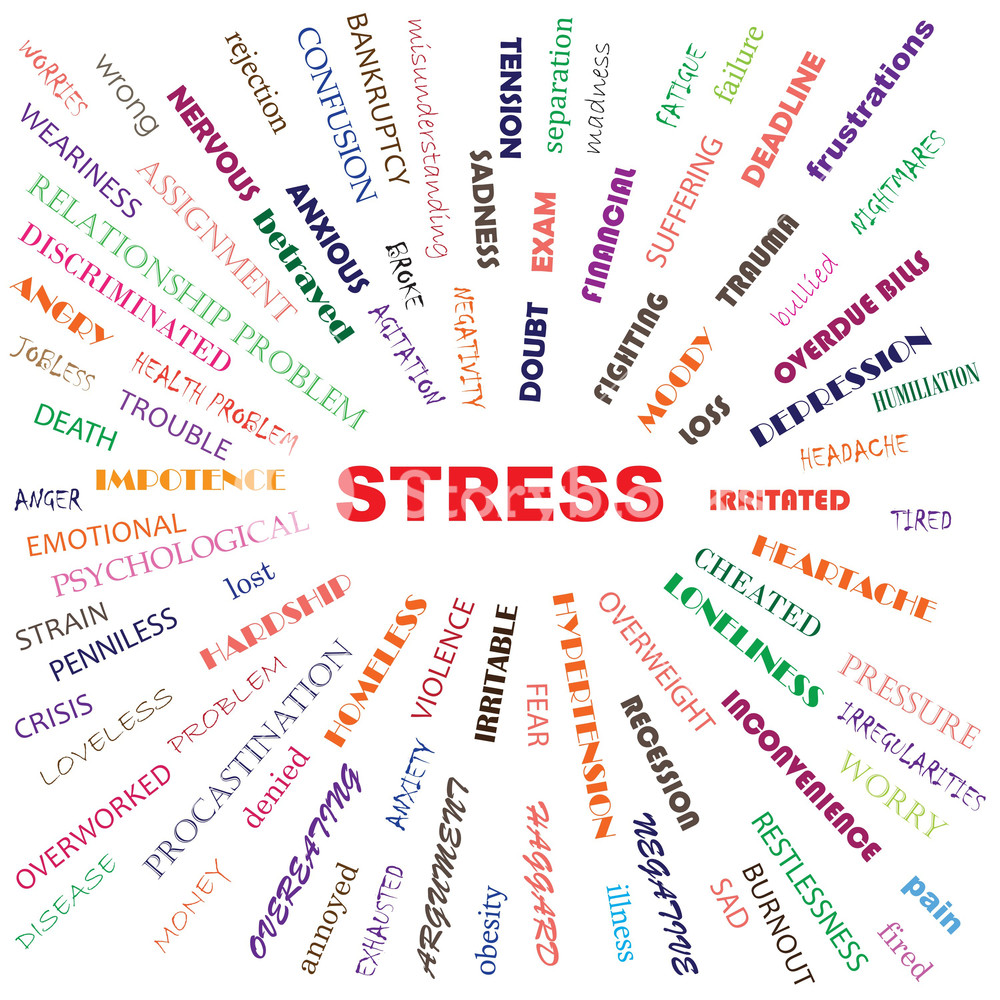


In today's fast-paced world, stress has become a prevalent issue affecting millions globally. While modern medicine offers various approaches to managing stress, traditional methods like acupuncture, rooted in Traditional Chinese Medicine (TCM) principles, have garnered attention for their effectiveness. Let's explore how acupuncture, guided by both ancient wisdom and modern scientific evidence, can be a powerful tool in stress management.
TCM views the body as a dynamic system where balance is crucial for optimal health. According to TCM principles, stress disrupts the flow of Qi (vital energy) in the body, leading to imbalances and disharmony. Acupuncture aims to restore this balance by stimulating specific points along meridians, facilitating the smooth flow of Qi and promoting relaxation.
From a scientific standpoint, acupuncture has shown promising results in stress reduction. Studies have demonstrated its ability to regulate the hypothalamic-pituitary-adrenal (HPA) axis, which plays a central role in the body's stress response. By modulating the release of stress hormones like cortisol, acupuncture helps the body achieve a state of equilibrium, mitigating the harmful effects of chronic stress.
Furthermore, acupuncture promotes the release of endorphins and other neurotransmitters that induce feelings of relaxation and well-being. These natural biochemical responses not only alleviate stress but also enhance mood and promote better sleep – essential components of overall mental health.
Moreover, acupuncture treatments are tailored to the individual, addressing specific symptoms and underlying imbalances contributing to stress. This personalized approach aligns with the holistic philosophy of TCM, focusing on treating the root cause rather than just the symptoms.
In addition to its physiological effects, acupuncture also offers psychological benefits. The therapeutic environment, coupled with the therapist-patient interaction, creates a sense of comfort and support, further enhancing the stress-relieving effects of treatment.
While acupuncture alone may not be a panacea for stress, it can complement conventional therapies and lifestyle modifications to create a comprehensive stress management plan. Incorporating practices like mindfulness, exercise, and adequate sleep alongside acupuncture can yield synergistic benefits, promoting overall well-being.
In conclusion, acupuncture's effectiveness in stress management stems from its integration of ancient wisdom with modern scientific understanding. By harmonizing the body's energy flow and modulating physiological responses, acupuncture offers a holistic approach to stress reduction, empowering individuals to achieve balance and resilience in the face of life's challenges.
Founder, Anandamaya Wellness Center